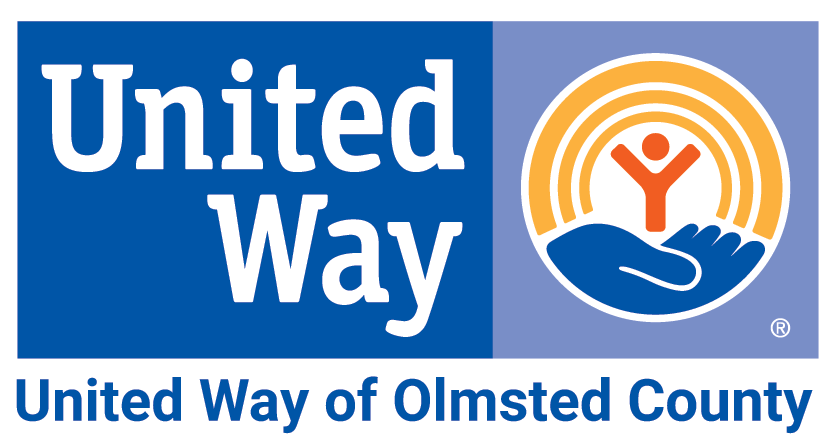.png)
Wednesday, January 26
"What we need to know at a very deep level is that African American children do not come into this world at a deficit. There is no "achievement gap" at birth." - Lisa Delpit |
Studies show that there is no achievement gap at birth—at least not one that highlights differences between European-American children and Black children. According to research, Black children outperform their white counterparts on most measures until they start school. (Source: Delpit, L. (2012). Multiplication is for White People: Raising Expectations for Other People’s Children. New York, NY: The New Press.)
No matter the adverse conditions under which Black people have found themselves, they have excelled in many ways, including academically. In 1879, Harriett Beecher Stowe observed that right out of slavery, Black people rushed not to the grog shop but to the school room. They cried for the spelling book as bread and pleaded for teachers as a necessity for life. Contrary to what systemic racism may cause some to believe, Black people value education.
Consider your assumptions. Especially when they’re about children.
Unfortunately, "deficit thinking" can come into play without us realizing it. Deficit thinking is a frame through which the Black child can be viewed as either being intellectually inferior or inept because of their culture. This results in an adult blaming factors such as poverty or laziness instead of considering a child’s aspirations.
In the classroom, this could mean an early childhood educator blames the student instead of examining teaching practices or modifying lesson plans. For example, the 2005 Yale study “Pre–kindergartners Left Behind: Expulsion Rates in State Prekindergarten Systems” found that pre–k students are expelled at a rate more than three times that of children in grades K–12. Furthermore, the three "B's" can predict a preschooler's risk of expulsion: "big, black or boy."
“Many of the underlying causes of preschool discipline may not be rooted in child behavior, but rather flaws in adults’ decision-making...By shifting preschools away from destructive approaches to discipline and toward research-informed best practices, the preschool-to-prison pipeline could be refashioned as a preschool-to-college pipeline”. (Center for American Progress)
The Shift to Asset Framing
Trabian Shorters, the founder of BMe Community, explains a powerful alternative called “asset framing”. When we define people by their aspirations, not their challenges, the brain instantly associates them with worthiness. Importantly, asset framing doesn’t ignore or avoid a child’s challenges. Yes, poverty, trauma, and inadequate treatment are three factors that have also been shown to have a sustained, negative impact on children’s social, emotional, and mental health. However, before we take these labels and sum up a child as "at-risk", consider the powerful shift to introduce a young person by their aspirations and contributions.
Did you know?
Olmsted County continues to improve the developmental screening rate for 3-year-olds, helping prepare children for kindergarten by identifying and providing early interventions where appropriate. In 2020, 42.5% of 3-year-olds in Rochester received developmental screening (Minnesota Department of Education (MDE) Reports & Analytics).
With that said, in 2019, only 27.3% of children in Rochester were considered kindergarten-ready (Rochester Public Schools). The first few years of education and preparedness are the most crucial to establishing a solid foundation from which children can adapt to school systems and learn successfully.
Today’s Challenge: Do one or more of the following…
OPTION 1: The pandemic has continued to impact center-based childcare, exacerbating the ongoing staffing crisis. In the fall of 2020, United Way of Olmsted County and local partners cohort published a report of local early childhood professionals’ perceptions of the field.
OPTION 2: Listen to the podcast episode “Bias Isn’t Just a Police Problem, It’s A Preschool Problem” (4:32), an NPR ED podcast with Cory Turner that examines the issue of implicit bias in preschool teachers, and sheds light on how subconscious racial stereotypes related to students of color guide the expectations and interactions of teachers, and the negative effects of these beliefs.
OPTION 3: Watch author, historian, and leading antiracist activist Ibram X. Kendi in an interview (5:31) discussing his book Antiracist Baby. Kendi discusses the important role parents and educators play in teaching young children to be an antiracist. Kendi defines an antiracist as “One who is supporting an antiracist policy through their actions or expressing an antiracist idea.”
OPTION 4: Assess your Adverse Childhood Experiences (ACEs) score to see how childhood trauma may be impacting your life. Then, assess your resilience score and explore resources on how to support yourself and others by building resilience.
OPTION 5: Children watch and listen to adults for racial cues. Get conversation going with this age-appropriate guide for talking to very young children about race, and for reading time, choose a culturally responsive book.
OPTION 6: In this interactive data-set from ProPublica, you can plug in your school system and those around you to investigate whether there is racial inequality at your school.
